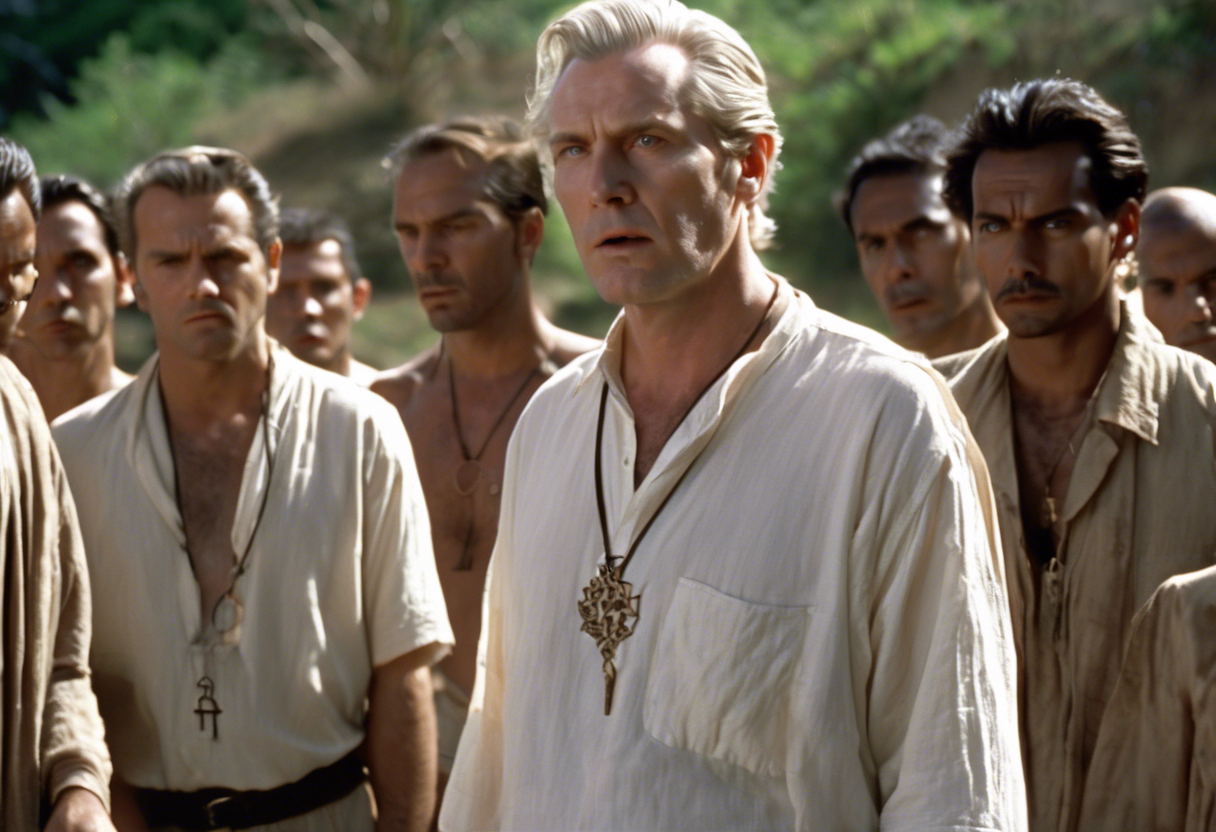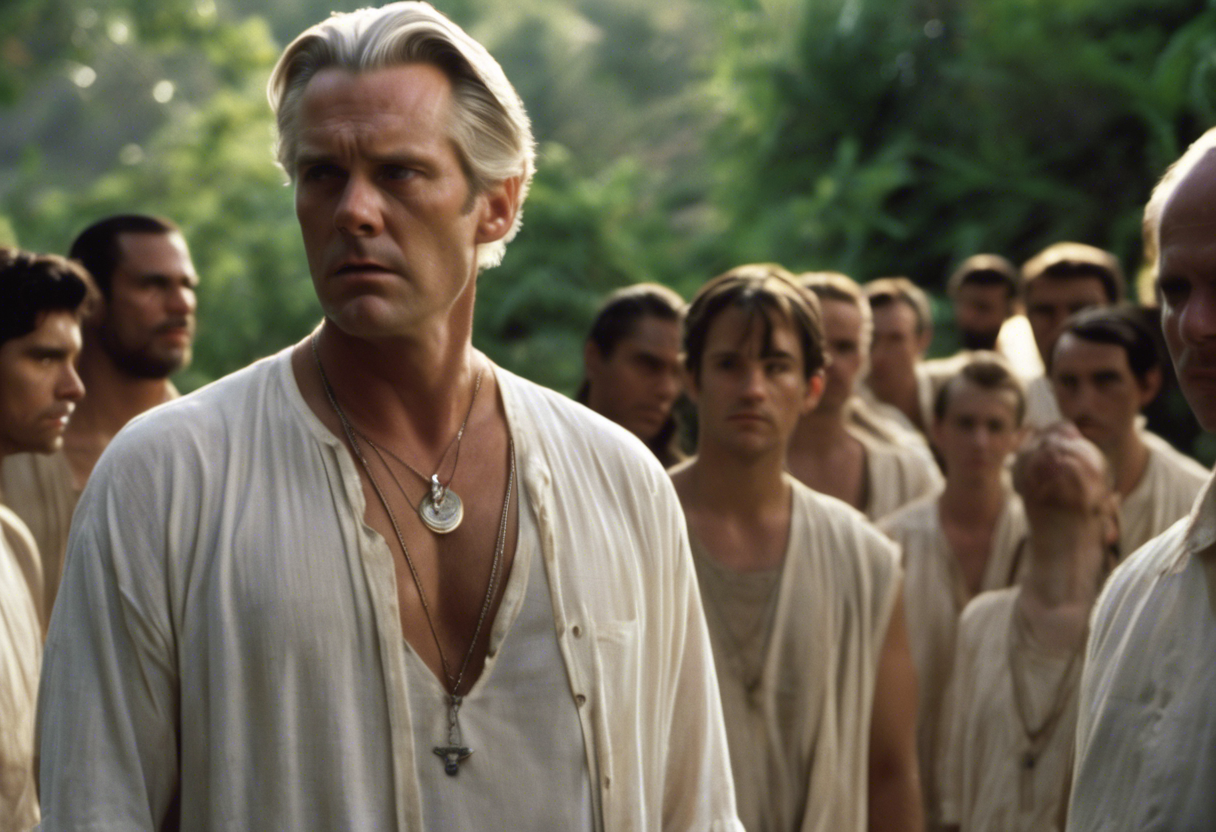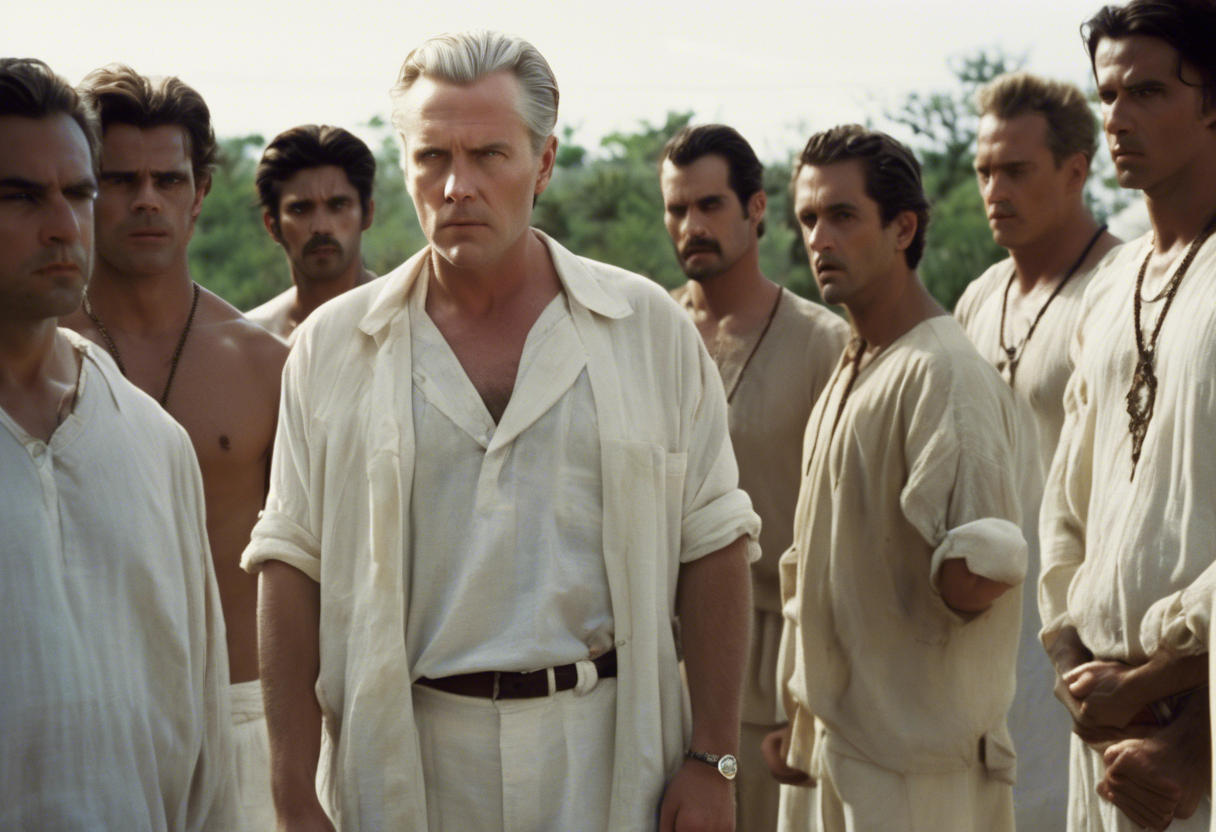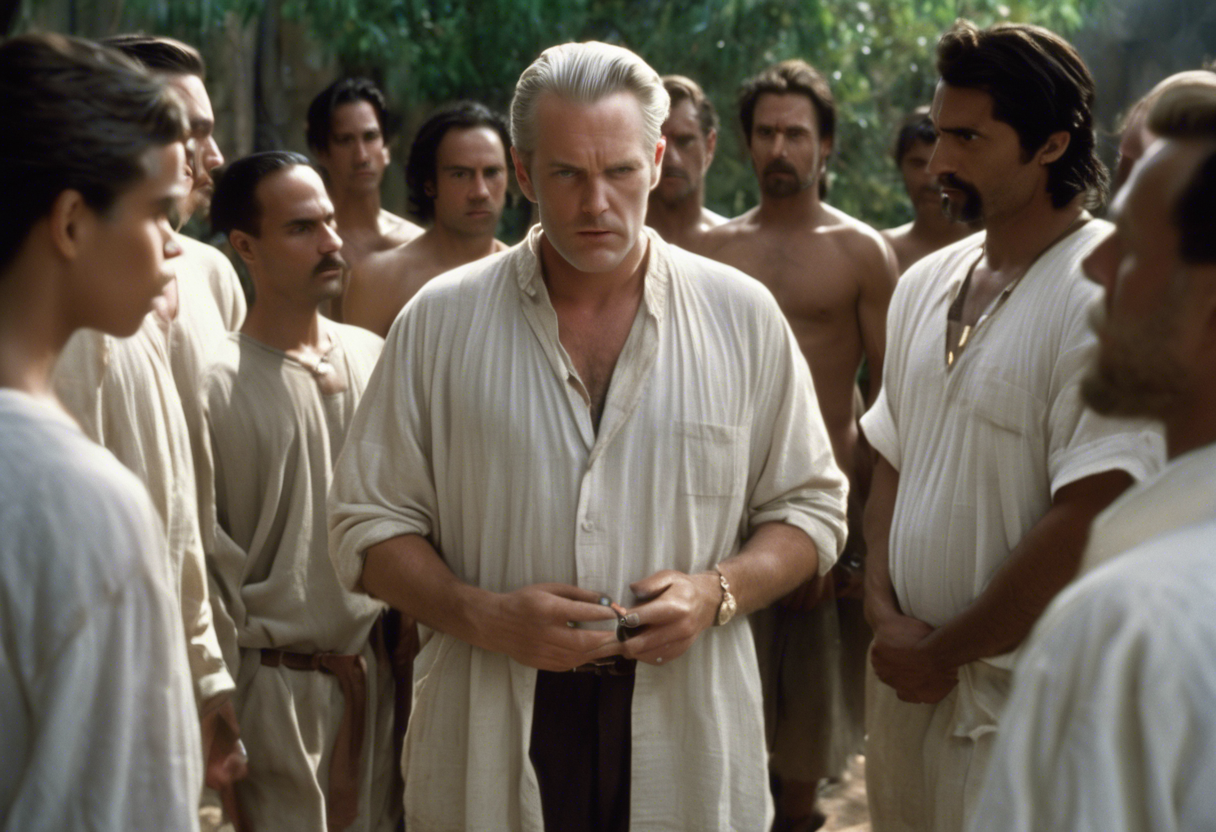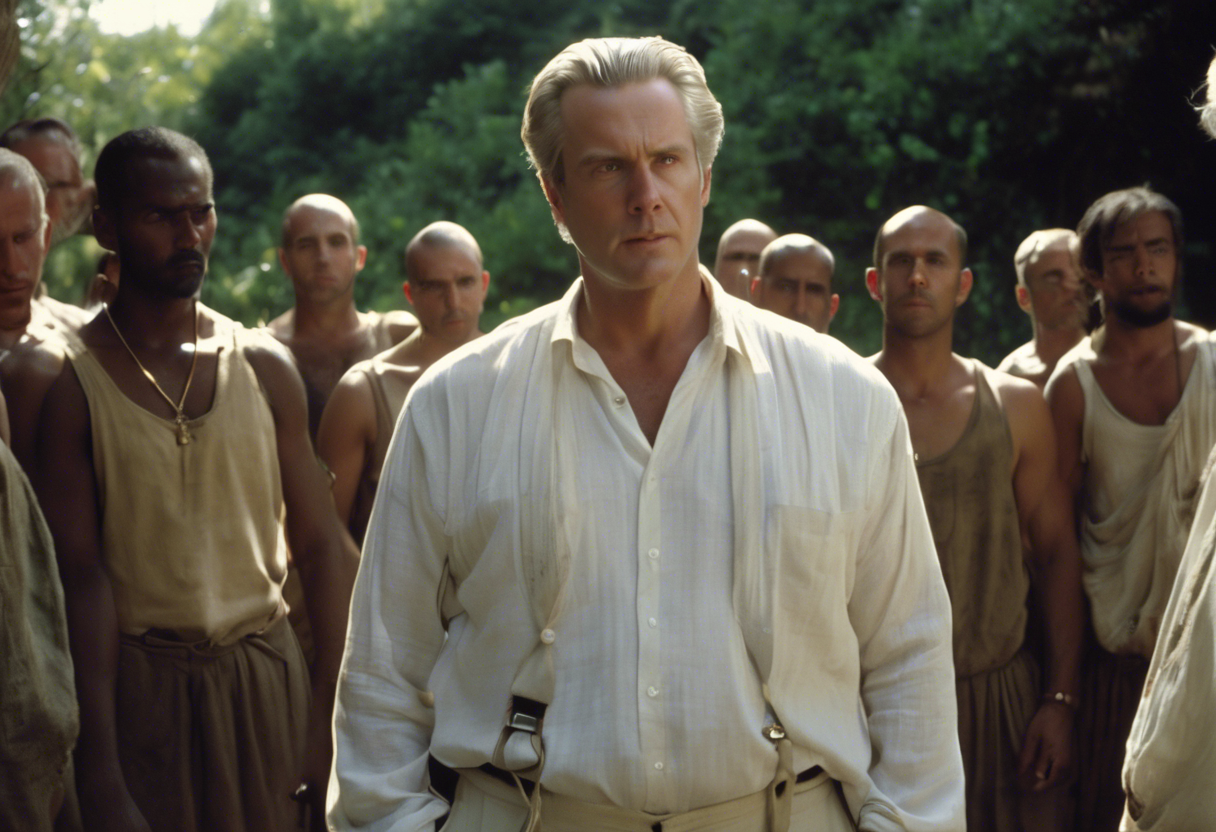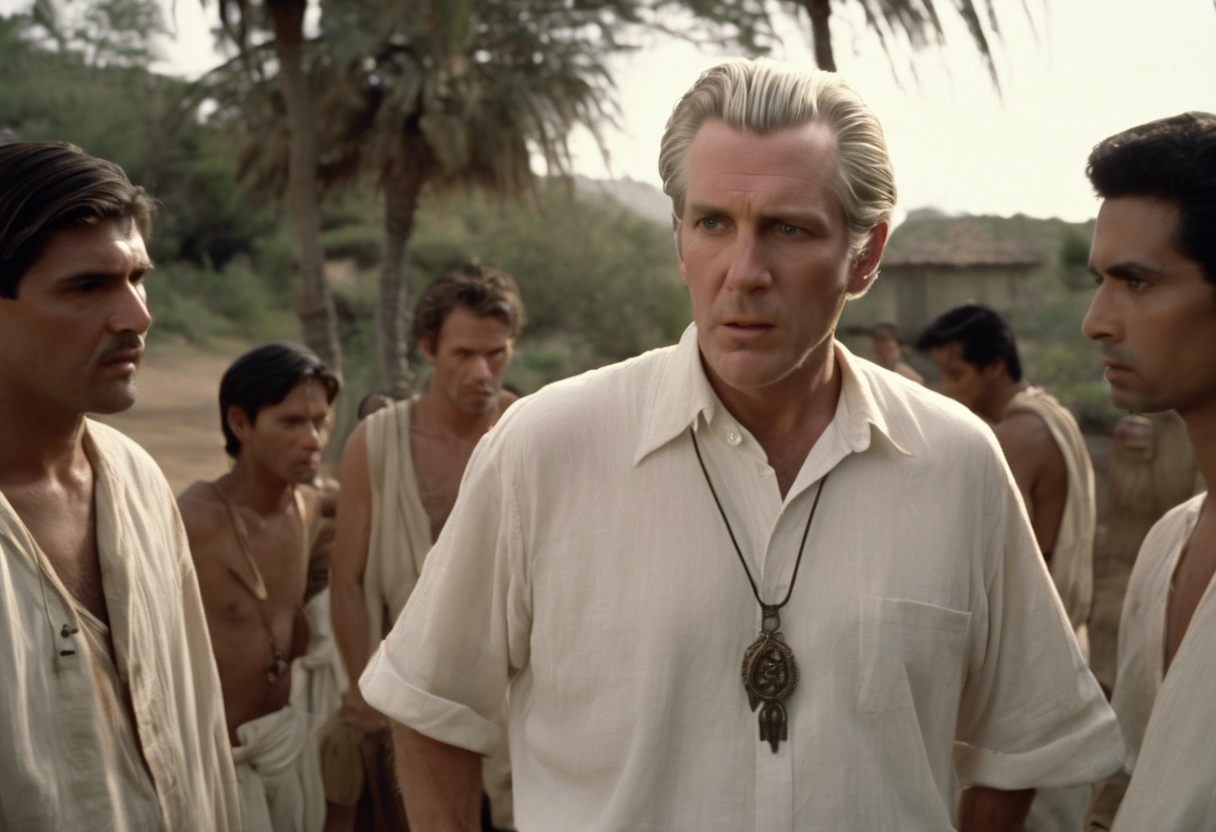Contents
Andrew Vaughn in The Mechanic (2011)
Introduction
Andrew Vaughn is a significant character in the 2011 action thriller film The Mechanic, directed by Simon West and starring Jason Statham. Vaughn is portrayed by actor John McConnell and serves as one of the key targets for the film’s protagonist, Arthur Bishop, a highly skilled and elite assassin. Created as a pivotal figure in the narrative, Vaughn’s character is integral to the plot’s progression and the themes explored in the movie.
Vaughn is introduced as a cult leader, a role that immediately sets him apart as a figure of influence and power. His backstory, though not extensively detailed in the film, suggests a charismatic individual capable of attracting followers. This character is part of a loose remake of the 1972 film of the same name, starring Charles Bronson and Jan-Michael Vincent, but Vaughn’s specific role is unique to the 2011 adaptation.
Role in the Story
Andrew Vaughn’s storyline is central to one of the early missions undertaken by Arthur Bishop and his protégé, Steve McKenna. Bishop and Steve plan to eliminate Vaughn by injecting him with adrenaline to simulate a heart attack, which would then be fatal due to the paramedics’ administration of epinephrine. However, their plan is complicated when Vaughn’s doctor administers an IV of ketamine, which inhibits the effects of the adrenaline. This forces Bishop and Steve to alter their strategy and suffocate Vaughn instead [1][2].
The execution of this plan goes awry when they are discovered by Vaughn’s guards, leading to a intense shootout. Despite the chaos, Bishop and Steve manage to escape and fly back home separately. This mission sets off a chain of events that unravels the larger conspiracy involving Dean, a character who had framed Harry McKenna, Steve’s father and Bishop’s mentor, for a failed mission [1][2].
Vaughn’s death serves as a catalyst for the main plot, revealing deeper layers of deception and betrayal within the world of professional hitmen. His character, though short-lived, is crucial in exposing the machinations of Dean and the moral complexities faced by Bishop and Steve.
Character Analysis
Andrew Vaughn, as a character, is defined by his role as a cult leader, which implies a certain level of charisma and influence. However, the film does not delve deeply into his personality or motivations beyond his status as a target. His significance lies more in his function within the plot rather than his personal traits.
Vaughn’s character can be seen as a symbol of the targets that Bishop and Steve encounter, representing the morally ambiguous world they operate in. The fact that he is a cult leader adds a layer of complexity, suggesting that even those in positions of power and influence can be vulnerable to the machinations of others.
Despite the lack of detailed character development, Vaughn’s presence highlights the themes of power, influence, and the consequences of actions in the world of professional assassins. His character serves to underscore the professional detachment required in such a line of work, as well as the personal costs that come with it.
Themes and Symbolism
Andrew Vaughn embodies several themes that are central to The Mechanic. One of the primary themes is the concept of power and influence. As a cult leader, Vaughn represents a figure who wields significant control over others, yet he is still susceptible to the manipulations of those more powerful or cunning.
Vaughn’s character also symbolizes the disposable nature of targets in the world of hitmen. His death is a mere stepping stone in the larger narrative, highlighting the cold, calculating nature of Bishop’s profession. This theme is further reinforced by the clinical manner in which Bishop and Steve plan and execute their missions.
Moreover, Vaughn’s role contributes to the exploration of deception and betrayal. His death is part of a larger web of lies and manipulations that drive the plot forward, illustrating the complex and often deadly consequences of such actions.
Cultural Impact
Andrew Vaughn, as a character, does not have a significant cultural impact outside of the context of the film. He is not a character that audiences remember or discuss extensively, primarily because his role is relatively minor and serves a specific narrative purpose.
However, the character’s presence in the film contributes to the broader cultural perception of hitmen and the world of professional assassins. The film itself, and characters like Vaughn, help to perpetuate the public’s fascination with these figures and the moral ambiguities they represent.
Critical Reception
Critics and audiences have not specifically focused on Andrew Vaughn as a character in their reviews or discussions of The Mechanic. The character is generally seen as a plot device rather than a fully fleshed-out individual.
The film itself received mixed reviews, with some praising the action sequences and performances, while others found the plot and character development lacking. Vaughn’s character, being a minor part of the narrative, has not been a point of contention or praise in critical analyses [5].
Legacy
Andrew Vaughn’s legacy is tied to the overall impact of The Mechanic as a film. While he is not a memorable character in his own right, his role in the narrative helps to drive the plot forward and explore the themes of power, deception, and the consequences of actions.
The film, including characters like Vaughn, has contributed to the genre of action thrillers and the public’s interest in stories about professional assassins. However, Vaughn himself does not stand out as an influential or iconic character in popular culture.

